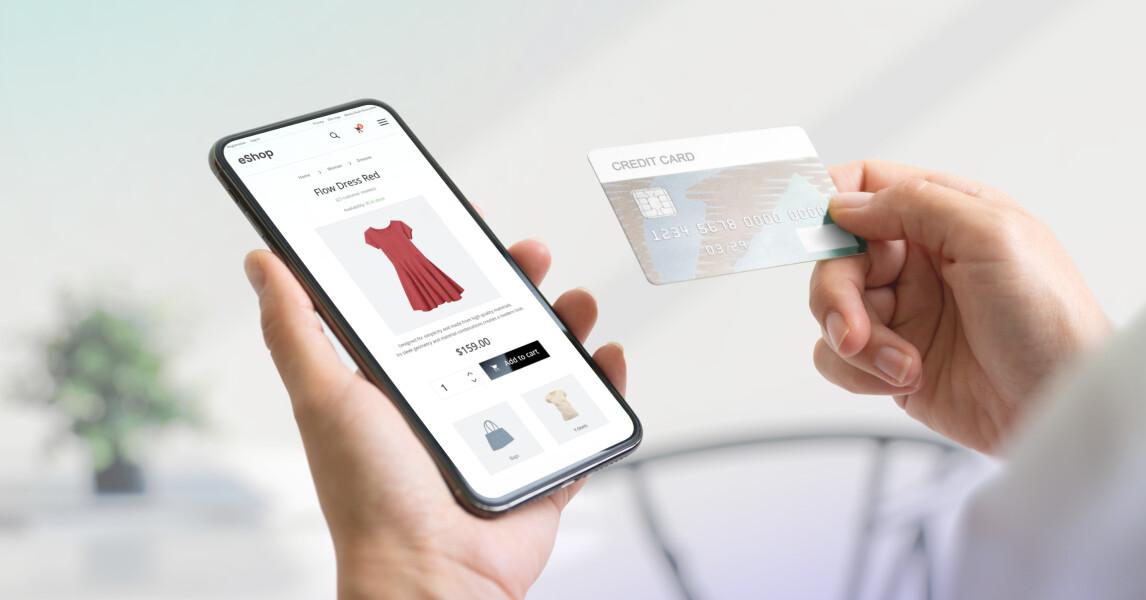How Employers View Digital Credentials: Insights & trends for 2024
The landscape of hiring and professional progress is rapidly evolving, and digital credentials—such as badges, certificates, and micro-credentials—are transforming how employers evaluate talent. In 2024, understanding how businesses perceive these credentials can help job seekers position themselves effectively in a competitive job market.
Introduction: The Rise of Digital Credentials in the Modern Workplace
Digital credentials have become an integral part of professional growth, offering a flexible and verifiable way to showcase skills beyond conventional degrees. As organizations seek agile talent with specific skillsets, these credentials offer a tangible proof of expertise, continual learning, and adaptability—all qualities that are increasingly valued by employers in 2024.
What Are Digital Credentials?
Digital credentials refer to digitally-issued recognitions such as badges, certificates, or micro-credentials that verify an individual’s competencies, achievements, or participation in learning experiences. These are typically awarded by educational institutions, online learning platforms, professional associations, and even major corporations.
- digital Badges: Visual representations of achievements, skills, or competencies obtained through specific training or courses.
- Certificates: Detailed evidence of completed courses or specialized learning programs.
- Micro-credentials: Targeted learning recognitions focusing on specific skills or knowledge areas, often stackable towards bigger credentials.
How employers View Digital Credentials in 2024
Growing Acceptance & Credibility
The perception of digital credentials among employers has steadily improved, especially in industries facing rapid technological shifts. In 2024, key trends reveal:
- Validated skills: Employers appreciate that digital credentials provide direct proof of applied skills, frequently enough more specific than what is found on resumes.
- Industry relevance: Recognized platforms (e.g., Coursera, Udemy, LinkedIn Learning) and sector-specific programs add credibility to digital badges.
- Continuous learning: Recruiters favor candidates who demonstrate ongoing professional development,especially those with recent and relevant digital credentials.
- Automated verification: Digital credentials are easy to verify, increasing trust compared to traditional paper certificates.
Key Findings from Employer Surveys
Recent employer studies and interviews show:
- 61% of hiring managers now actively consider digital credentials when evaluating candidates (source: LinkedIn Workplace Learning Report 2024).
- Over 70% of HR leaders expect digital certificates to become as valued as traditional qualifications within the next five years.
- Tech, healthcare, and finance sectors demonstrate the highest acceptance and reliance on digital badges.
In short, the consensus for 2024 is shifting toward recognizing digital credentials as legitimate and valuable evidence of skills and expertise.
Benefits of Digital Credentials for Job Seekers & Employers
For Job Seekers
- enhanced employability: Digital credentials help candidates stand out with verified, specific skills relevant to the job.
- Speed to skill acquisition: Micro-credentials are frequently enough completed quickly, keeping professionals up-to-date with the latest demands.
- Global recognition: Many digital credentials are recognized internationally, expanding career opportunities abroad or in remote positions.
- Easy sharing: credentials can be embedded in resumes, LinkedIn profiles, or portfolios for instant verification.
For employers
- streamlined recruitment: Digital verification tools save time during candidate screening.
- Skill-based hiring: Enables a shift from qualifications-based to skills-based recruitment, filling talent gaps faster.
- Retention & upskilling: Digital badges can definitely help track ongoing employee development, boosting engagement and loyalty.
Challenges and Considerations in 2024
Despite the positive momentum, some challenges persist in the acceptance of digital credentials:
- Quality assurance: Not all credentials are created equal.Employers still prefer badges or certificates from reputable organizations.
- Oversaturation: With the rise in credentialing platforms, distinguishing high-quality credentials from lesser ones is crucial.
- Lack of standardization: The absence of universal standards can occasionally lead to confusion about the value of certain digital badges.
- Integration into existing HR systems: Companies need compatible technologies and processes for recognizing and storing digital credentials.
Practical Tips: Leveraging Digital Credentials for Career Success
- Highlight on LinkedIn: Add digital badges and certificates to your LinkedIn profile, ensuring they are visible to recruiters.
- Showcase in Portfolios: Embed credentials in online portfolios or personal websites with verification links.
- include in Applications: List relevant credentials in your resume’s skills section and employment history.
- Be Ready to Explain: Prepare to discuss what each digital credential involved, including skills learned and expected outcomes.
- Select recognized Programs: Prioritize earning credentials from reputable, industry-recognized platforms and organizations.
Case Study: Tech Industry Embracing Digital Credentials
In software development and IT, digital credentials have quickly become the norm. Major employers like Google, IBM, and Microsoft now list industry-recognized digital certificates and badges as preferred qualifications in their job postings. such as:
- Google career Certificates: Accepted by over 150 employers, these certificates are a pathway to high-demand roles in data analytics, UX design, and IT support.
- IBM Digital Badges: Used as proof of expertise in areas like artificial intelligence and cybersecurity,helping candidates fast-track their applications.
- Microsoft Certification Badges: Widely acknowledged in cloud computing and data science recruitment.
These examples demonstrate the tangible value digital credentials bring to both employers and job seekers in tech and beyond.
First-Hand Experience: A Candidate’s Perspective
“After earning a Google Data Analytics Professional certificate, I updated my LinkedIn profile and applied for jobs. Within weeks, recruiters contacted me, referencing the badge directly. It absolutely opened new doors in my career.” — Sarah J., Data Analyst, 2024
Stories like Sarah’s are increasingly common, emphasizing how digital credentials can positively impact job search outcomes in 2024.
Conclusion: The Future of Digital Credentials & Employer Attitudes
As the world of work continues to evolve, digital credentials serve as crucial enablers of career growth and organizational success. In 2024,employers view these badges and certificates as credible,practical indicators of job-ready skills,especially when sourced from trusted platforms. By strategically accumulating and highlighting these credentials, professionals can stand out and secure opportunities in an increasingly skills-focused job market.
Whether you’re an employer seeking top talent or a job seeker looking to accelerate your career, embracing the power of digital credentials can make all the difference in today’s dynamic employment landscape.

